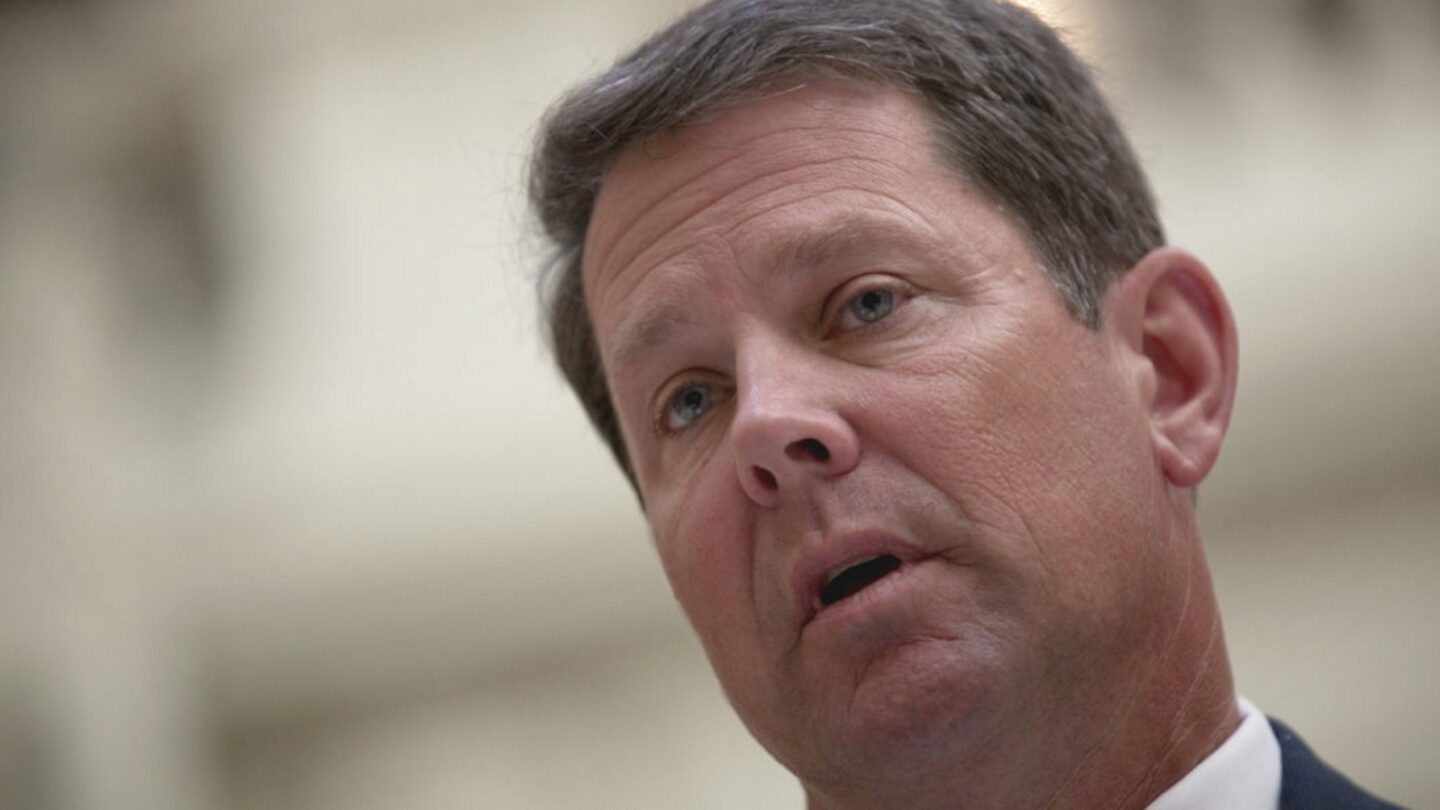Kemp Applying For Federal Security Clearance With US Homeland Security

According to a spokesperson in his office, Secretary of State Brian Kemp is applying for the “secret” level security clearance as part of the U.S. Department of Homeland Security’s effort to coordinate with states.
Updated at 1:10 p.m. Tuesday
If his application for “secret” level clearance is approved, Georgia’s top election official would be privy to intelligence from the U.S. Department of Homeland Security that, with unauthorized disclosure, “could be expected to cause serious damage” to national security.
According to a spokesperson in his office, Secretary of State Brian Kemp is applying for the “secret” level security clearance as part of a DHS effort to coordinate with states. Last month, the agency reported it had evidence Russian hackers targeted elections systems in 21 states leading up to the 2016 election. Georgia was not one of those targeted, according to Kemp’s office.
About two dozen chief elections officials around the country are applying, said Scott McConnell, a spokesperson with DHS.
“We are working with secretaries of state and other chief election officials to refine processes for sharing information about risks to election infrastructure,” McConnell said. “Part of this includes making security clearances available to officials who would potentially need access to classified information in their oversight of state election infrastructure.”
Intelligence classified “secret” is less sensitive than “top secret” intelligence, but more sensitive than “confidential” intelligence.
In July, the National Association of Secretaries of State sent a letter to DHS from state elections officials asking the agency to share more information and requesting security clearances.
“In many cases, the state election officials, whether the state directors or secretaries of state, may not have been notified” of hacking attempts, U.S. Sen. Mark Warner, a Democrat from Virginia, told the Wall Street Journal.
In an article published in June, Kemp, a Republican running for governor, told the Washington Post he’s unconvinced Russia meddled in the 2016 election. “I don’t necessarily believe that,” Kemp said.
A spokesperson for Kemp said he was “referring specifically to Georgia.” The Washington Post reporter who interviewed Kemp disputes that, saying Kemp was speaking broadly about the Russian interference in the election.
The CIA, National Security Agency, FBI and director of National Intelligence agree Russia interfered in the election. The agencies say there’s no evidence vote counts were affected.
Kemp has had a sometimes confrontational relationship with DHS.
Before the 2016 election, Kemp was one of at least 11 state elections officials who rejected an offer from DHS to scan its voting system. And last December, Kemp said state security scans detected what appeared to be an “attack” by DHS on Georgia’s voter registration system.
A report from the DHS inspector general later found nothing malicious behind what triggered the state’s cybersecurity system.
The Secretary of State’s office and its contractors handle sensitive information. Under Kemp, that information has been exposed on multiple occasions.
In 2015, the Secretary of State’s office mailed CDs to news organizations and political parties that included the Social Security numbers and birth dates of millions of Georgians.
More recently, a central election server housed at Kennesaw State University was found to be easily accessible over the internet, exposing passwords for poll workers and programming details for voting machines.
After the incident, the Secretary of State’s office said it planned to end its contract with KSU.
Through a spokesperson, Kemp declined to comment on his application for security clearance with DHS.
This story was updated to include discussion of a quote from Kemp published in the Washington Post.








